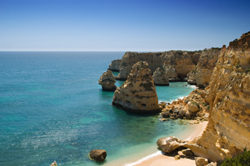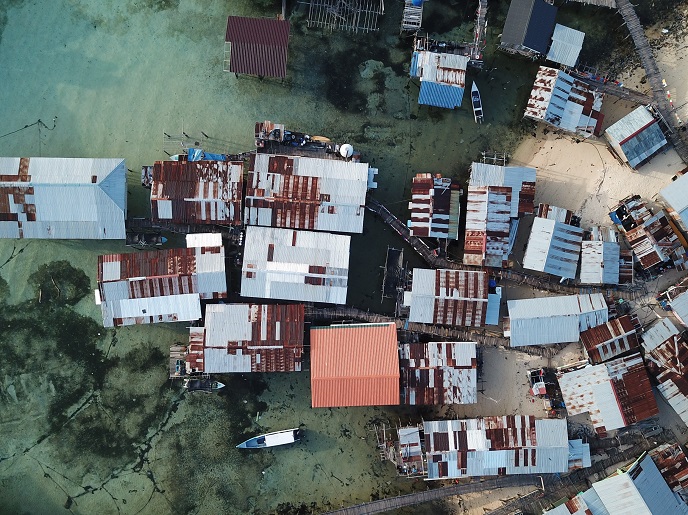Sustainability issues of Mediterranean coastal zones
The Mediterranean has seen rapid development in the last decade and as such, the demands made of its natural resources are growing and in many cases are conflicting. This has led to often irreversible damage, which has highlighted the need for long-term policy considerations. This project looked at five case studies (Turkey, Egypt, Lebanon, Jordan and Tunisia). One of the reports that was produced focused on preparing a comparative analysis of these case studies. This was divided into two parts. The first part put forward a legal and administrative framework of each of the countries represented. Based upon national water scarcity indicators, the analysis went on to highlight the most extreme situations. The second part elucidated the theoretical model developed for the comparative analysis. This model has been shown to be fully operational, even in those cases where only limited data is available. The conceptual framework as well as the multi-criteria analysis adopted demonstrated an operational approach able to bridge scientific modelling and policy. One of the successes of this project has been the participatory nature of the research. For example, the result of the scenario analyses has been disseminated to the local stakeholders. This has created an awareness of modern scientific planning methodology amongst these actors, through their continuing participation in various phases of the project and in local meetings.







